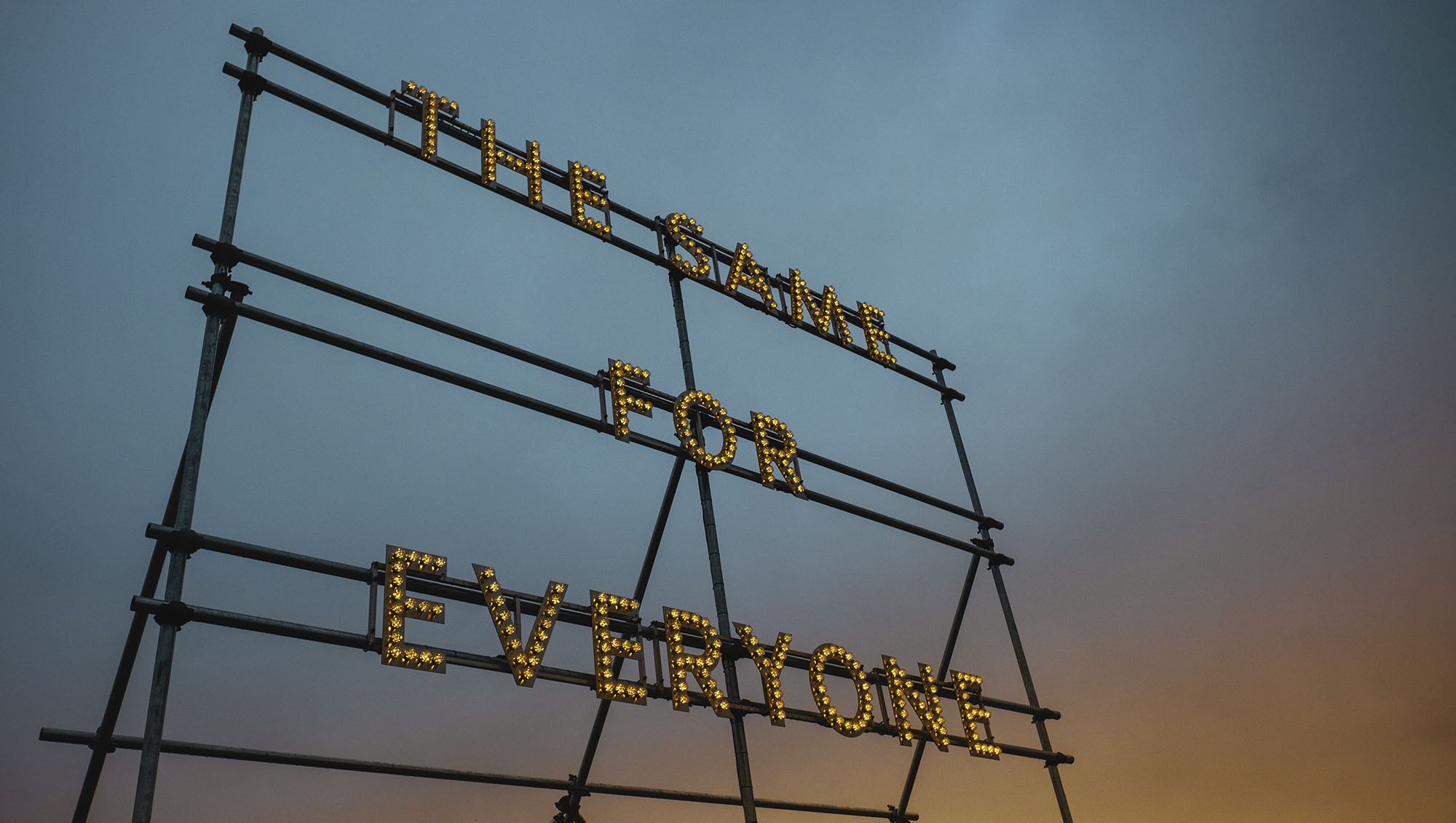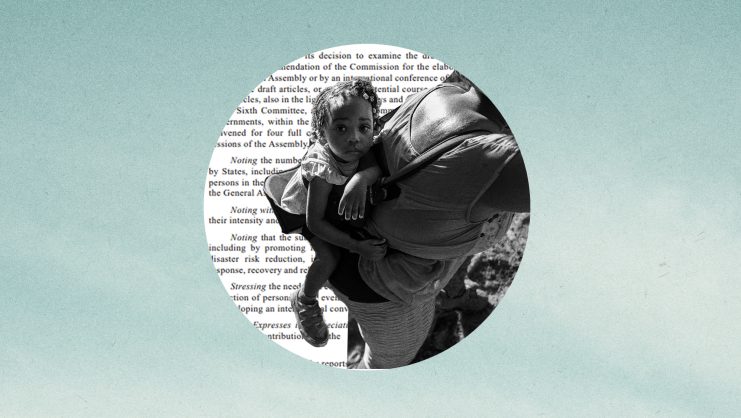Evangelos Liaras: Over the past few years, we have seen a growing focus on inclusion and a backlash against discrimination all over the world. This trend has become apparent in Hollywood, in organizations, at events like the FIFA World Cup, and so on. Is this a useful message for the future, or does it carry a hint of pessimism? Has the recent focus on these issues revealed just how little has changed since the 1950s?
Marijn Pijnenburg: A growing number of organizations are starting to understand that diversity is an important aspect of progress in their transformation. However, diversity requires greater awareness, visibility, and learning. We need to understand what the problems really are, why diversity is important for organizations and people, and what we can do with regard to society. For example, we are witnessing the proliferation of celebrations like Gay Pride, which bring together the LGBT community and anyone else who wants to see a change in society. This is the key point: People want to live and work in inclusive environments, where they feel valued and included.
Luisa Ercoli: We need to seize the opportunity to grow, listen, learn, and promote diversity. At Barilla, we like to say that diversity is the ingredient and inclusion is the recipe that makes everything work. I am also very pleased to see how these issues are starting to capture everyone’s attention—especially in Italy, which has a very traditional culture.
Evangelos Liaras: Indeed, your companies are good examples of recent progress in the implementation of diversity and inclusion policies. Tell me more about what your organizations have done in this area.
Luisa Ercoli: At Barilla, the first thing we did was assess all of our corporate policies in order to detect and correct any problems. Among other measures, we have taken steps to close the gap between men and women, including promoting women within the organization. We are acutely aware of everything related to inclusion, equality, and diversity policies.
Marijn Pijnenburg: At IBM, we have focused on five key aspects. First of all: gender. Our goal is for women to hold positions at the highest levels, especially in technology-focused areas. Second: the generational issue. It is essential that we attract younger generations while remaining committed to our more senior professionals. Third: cultural background. This is especially important in a global company where we work with people from all over the world. Fourth: disabilities. It is important to hire people with disabilities, provide additional accessibility tools for them, and increase the visibility of various disabilities. And fifth: LGBT issues. We are working to increase the visibility of the LGBT community all over the world.
People want to live and work in inclusive environments, where they feel valued and included.
Evangelos Liaras: How do you think we should approach the challenges associated with LGBT issues to ensure that the rights of this community are protected, without fear of sparking external reactions?
Marijn Pijnenburg: For us, the answer is very clear: We treat all of our employees equally, and that includes their spouses and families. In countries where the law does not protect same-sex partnerships, we provide the same opportunities and benefits to same-sex and opposite-sex couples, including insurance, parental leave, pension plans, etc. Sometimes this involves negotiating with insurance companies to extend certain policies, including for transgender people. In any case, we are convinced that all of our employees should receive the same opportunities and benefits.
Luisa Ercoli: Progress is gradual, of course, but we all face the same challenge. We share the same values and try to respect everyone, but we have to work locally on specific situations. Russia is a clear example of a place where some programs are more difficult to implement because of the country’s laws and culture. It will take time. We have to be persistent with our values.
Evangelos Liaras: Operating in Pakistan, Russia, or Sudan obviously requires navigating a very different context, so the challenge is greater. What sort of road map could we implement in these cases?
Luisa Ercoli: My company hopes to provide a model for other industries to follow. And by the way, this is an issue we must address not only in far-flung places but also within Italy, where we still have a lot of work to do.
It’s a matter of consistency. It is essential to follow well-defined values and to be consistent with them.
Evangelos Liaras: In recent years, we have seen a social reaction, sometimes a violent one, against diversity policies targeting specific minority groups—and even nonminority groups—especially in the United States since the election of Donald Trump. I remember seeing the origins of this backlash on university campuses when I was studying in Boston in the late 1990s and early 2000s. Does the corporate world still fear these movements against pro-diversity policies?
Marijn Pijnenburg: I think it is important for organizations to really understand their own values and what they represent, and to be clear-eyed in this regard. Transparency and visibility are very helpful.
Luisa Ercoli: Yes, it’s a matter of consistency. It is essential to follow well-defined values and to be consistent with them. And let’s not forget that we’ve seen a reaction to the sorts of violent actions you just described. That makes me optimistic.
© IE Insights.











